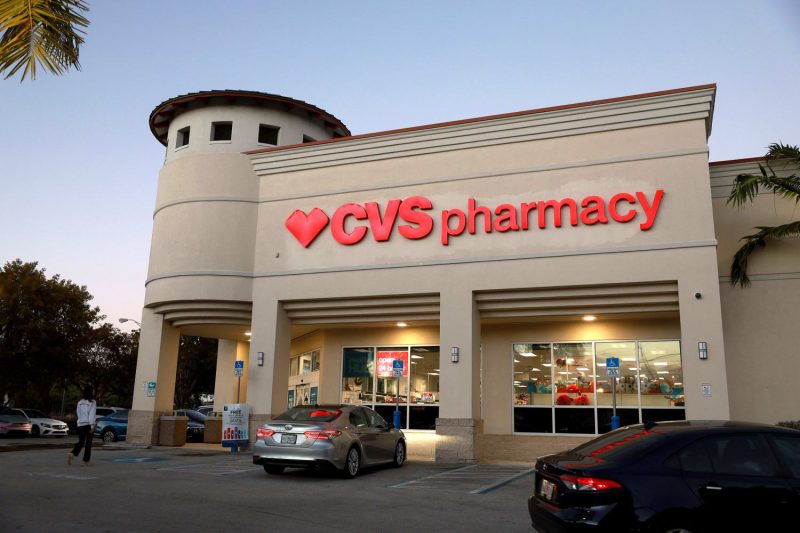CVS Health, one of America’s leading pharmacy chains, recently made a significant strategic decision by replacing the former CEO Larry Merlo amidst declining profits and share price. The new CEO, Karen Lynch, took over the role starting in February 2021. The change at the helm of the company is seen as a decisive move to put the organization towards a more upswing state.
Looking into the timeline, CVS’s profit margin began to shrink, and the share price saw a drastic reduction under Larry Merlo’s last few years of leadership. While Merlo made considerable strides in CVS, including leading the $69 billion acquisition of Aetna in 2018, the company’s financial health indicated the need for a change in leadership. Several factors were contributing to CVS’s underperformance, including increasing competition in the retail pharmaceutical sector and challenges integrating Aetna’s operations.
Karen Lynch, the newly-appointed CEO, had previously held the position of Executive Vice President of CVS Health and President of Aetna. Her experience in the healthcare industry spans over three decades, and she has a reputation for strategic leadership and significant business growth. Lynch is seen as the beacon of change that could steer CVS back to its days of phenomenal performance.
Upon her appointment, Lynch proposed a renewed strategic approach focusing on transforming the company’s business model, improving its operational effectiveness, and driving sustainable growth. She envisions CVS Health as not just a drugstore chain, but an integrated healthcare provider offering a range of services from health insurance to clinical services.
In terms of improving operational effectiveness, Lynch is expected to utilize her previous experience in Aetna to align the operations of both entities more seamlessly, hence removing redundancies and inefficiencies. This unification approach aims not merely to cut costs but also to create more value for CVS’s customers and shareholders.
To drive sustainable growth, Lynch aims to capitalize on the widespread retail footprint of CVS and leverage it into a vast integrated health services network. By doing so, it could position the company susceptible to incurring lower costs, better health outcomes, and, ultimately, more considerable customer satisfaction.
One major focal point for Lynch is digitalization. Lynch has emphasized the significant role technology can play in improving the company’s customer engagement, especially given the rapid evolution of consumer behavior and expectations. By prioritizing digital transformation across the chain, CVS can provide more convenient and personalized services, thereby boosting customer loyalty and profit margins.
Although the challenge for Lynch is undeniably significant given the tough operating environment, the expectation remains high. Lynch’s strategic approach, coupled with her deep understanding of both the company’s retail operations and Aetna’s insurance services, indeed enhances belief that she can turn the company around. The journey forward will undoubtedly be complex, but the willingness to adapt and evolve under the new leadership seems to signal better days for CVS Health.
